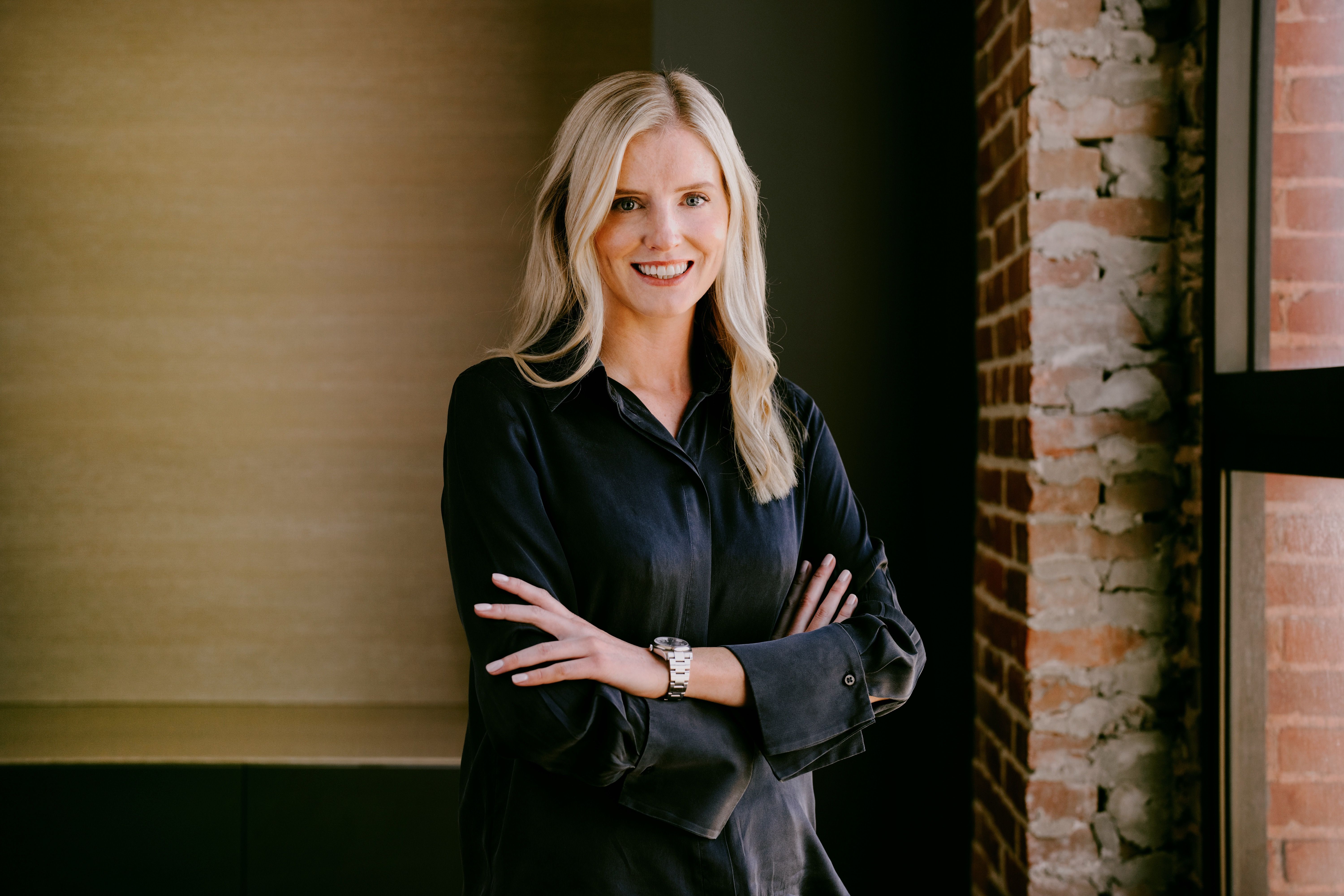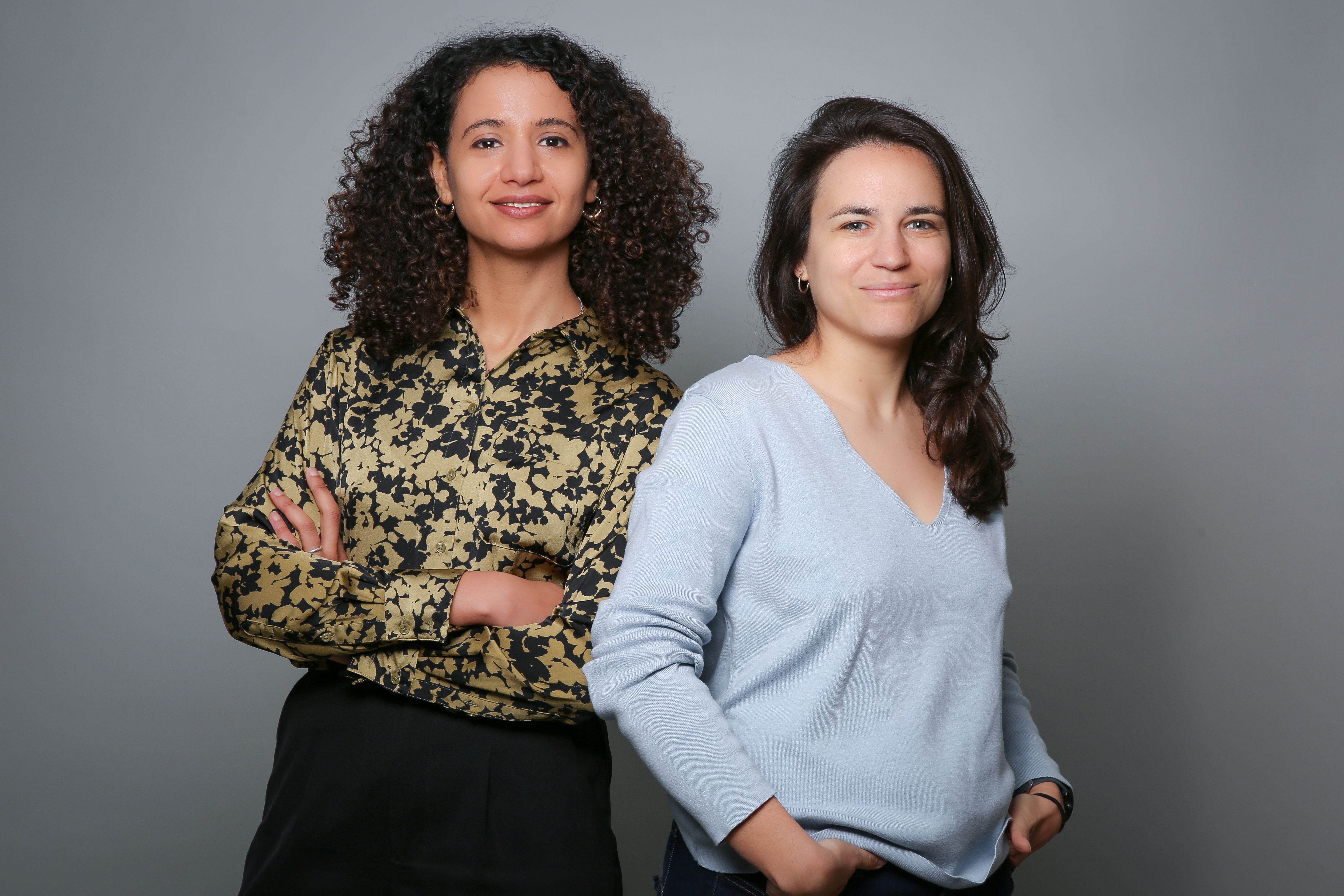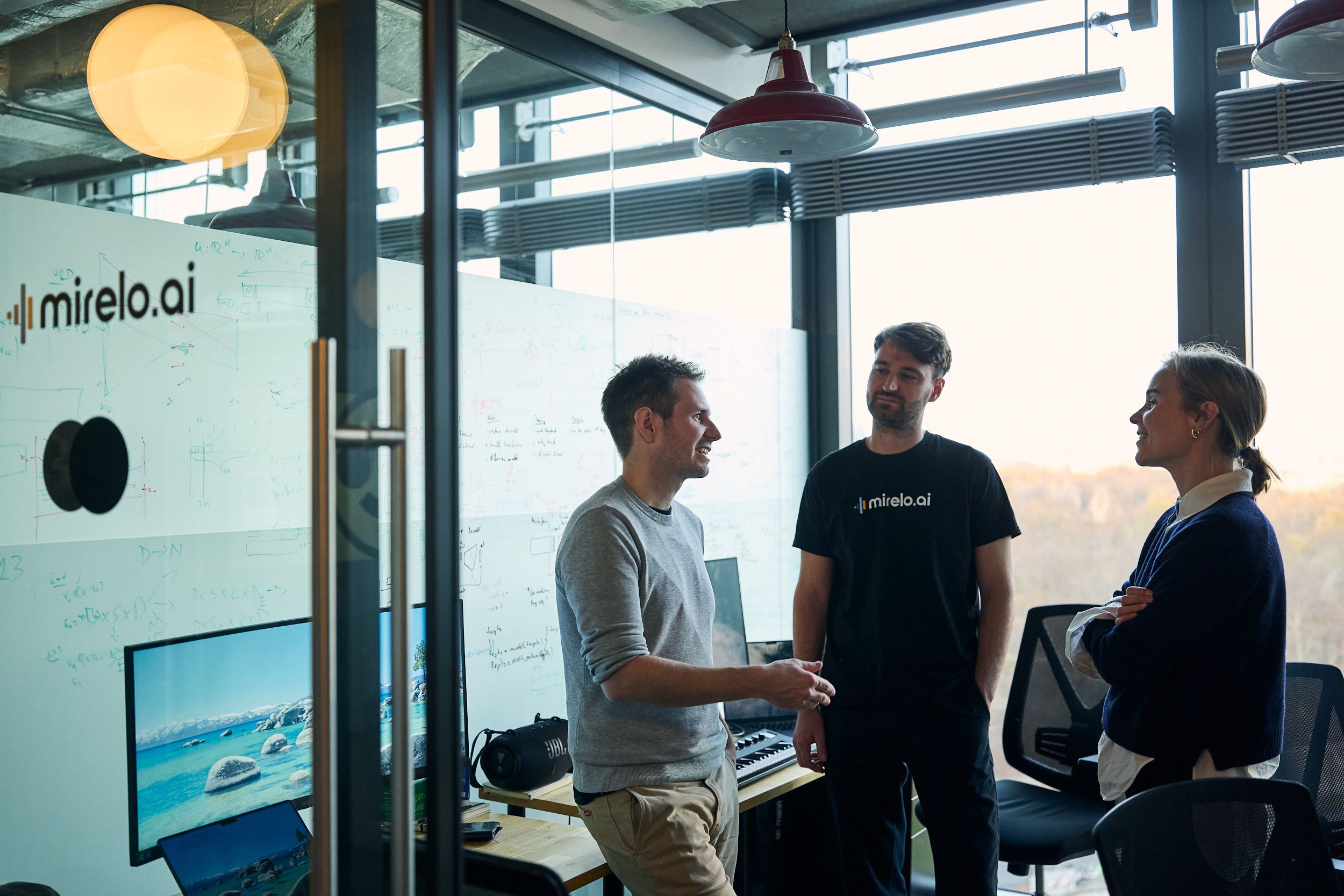“Every Day is Gameday”: In Conversation with Sofia Dolfe

It’s an exciting day at Index as we welcome partner Sofia Dolfe to our San Francisco office.
Since joining Index in 2018, Sofia has worked out of our London office, leading investments across a number of sectors, including gaming (Dream Games), AI and machine learning (Cradle), financial services (Atlar), and more.
Born in Sweden, Sofia has lived all over Europe — Bulgaria, the Netherlands, Austria, France, and the UK. Her global perspective has always made her a perfect fit at Index, and we couldn’t be happier to have her joining us on this side of the pond.
We caught up with Sofia to ask her about her approach to investing, how she thinks about supporting founders, and what she hopes to bring to our community in the Bay Area.
What excites you most about being in San Francisco?
The mentality in the Bay Area is unique. There’s what I would call a permission to dream. I was just at a dinner here with 10 founders and we weren’t talking about whether an idea was practical, or how we would operationalize it. It was all, “Imagine this, imagine that,” sparring off one another.
That atmosphere is particularly energizing right now given everything happening with AI. We’re still in the early stages and just scratching the surface of what we can do with this powerful technology. Being in an environment that encourages big thinking at this point in time will lead to truly transformational companies being created.
Why is AI exciting for you as an investor?
It’s so cross-cutting. It touches every industry. There’s a horizontal wave happening — more like a tide, really — lifting everything, allowing businesses to reimagine their ways of working, making entire industries more accelerant, more efficient, more disruptive.
As investors, it’s also opened up new sectors for us to dive into. These are investment areas we may have been wary of for different reasons — long development cycles, tricky business models, capital intensity. Now, with AI, we’re seeing the potential for exciting applications being built in categories we may have shied away from previously.
Biotech is one example I love, not just for its investment potential but its global impact. We’re seeing how AI can accelerate drug discovery, bring new drugs to market faster, help us learn about diseases. Instead of the old bespoke, slow, isolated lab processes, machine learning is making R&D faster, creating opportunities with outcomes that can be life-changing.
How would you describe your approach to investing?
I’m in the business of identifying and working with exceptional entrepreneurs. It always starts with the founder — nobody can share the vision like the founder can. I love the thrill of meeting a founder and feeling that strong spike. You have to be open-minded because you never know when that next meeting will come. Every day is gameday.
"I’m in the business of identifying and working with exceptional entrepreneurs. It always starts with the founder — nobody can share the vision like the founder can."
— Sofia Dolfe, Index Ventures
I get excited when a founder brings me into their world. Before I met Stef and Elise at Cradle, I knew nothing about biology. Now I spend my weekends reading biological papers because they sparked that curiosity. It’s the same with the team at Atlar. I didn’t know much about fintech before meeting them, but their deep domain expertise and execution hunger got me excited to work with them.
What qualities do you look for in a founder?
Above all, I’m looking for a clear spike. Ultimately, there’s no one-size-fits-all trait for entrepreneurs. Someone can spike in storytelling, in execution, in uniqueness of thought. I always ask myself, “What is this founder’s superpower?”
"Above all, I go into founder conversations looking for a clear spike... I always ask myself, 'What is this founder’s superpower?'"
— Sofia Dolfe, Index Ventures
For me, I value self-awareness and founders who are open about what they don’t know. I see that as a strength. I love it when a technical founder comes to me and says, “I don't know what a best in class VP Sales looks like,” or “I don’t know how to build out my go-to-market organization.” They realize that to build an outstanding business they need to surround themselves with people who excel in areas where they may not.
What is it about gaming specifically that interests you?
I love that it combines creativity and company-building. It’s inherently global. You can launch a game from anywhere and it can reach players all around the world. I’ve worked with companies in Finland, Canada, Turkey, all building for a global audience. It’s a timeless and ageless category that never stops expanding. People have been gaming forever, and the age of players keeps increasing. Even in a downturn, people don’t stop playing games.
As an industry, I think it’s misunderstood. People assume it’s all one-hit wonders — you launch a game, it becomes a fad, it dies. The truth is, successful games have staying power. Look at King. They launched Candy Crush over a decade ago and it’s still one of the biggest gaming franchises in the world. These are beautiful businesses at scale. I’m talking 40%, 50% EBITDA margins. The industry is over $200 billion and growing, bigger than movies and music combined. It’s not a niche. It's a massive, diverse, mainstream part of our culture.
"There’s real power in approaching investments with a beginner’s mind."
— Sofia Dolfe, Index Ventures
What’s something you think is misunderstood in investing?
It’s often assumed domain expertise is essential to invest in a given sector. Of course domain expertise is valuable, but it’s not the only path. I would say there’s real power in approaching investments with a beginner’s mind. When you’re too much of an expert, it’s easier to become cynical and let past experiences cloud your judgment. A beginner’s mind can help you uncover potential in an opportunity that others might overlook.
At Index, we embrace this balance between expertise and curiosity. As a global team, we rely on each other’s strengths across different domains. Whether it’s gaming, fintech, security, or another emerging industry, we make sure a variety of perspectives are brought to the table. This pushes our thinking and helps us explore new opportunities, especially now in industries we may not have looked at a few years ago.
Published — Aug. 28, 2024
-

-
